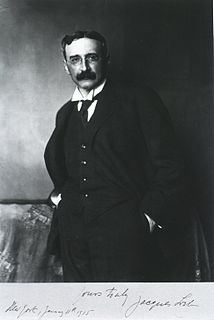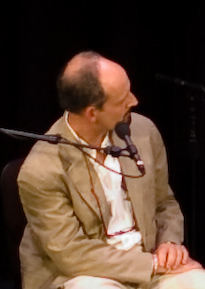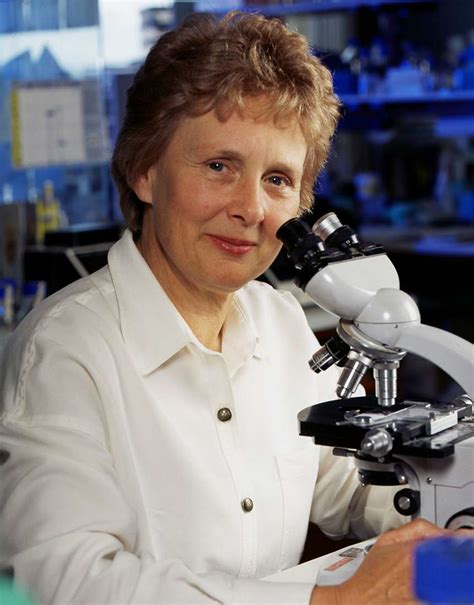A Quote by Rachel Carson
We are rightly appalled by the genetic effects of radiation; how then, can we be indifferent to the same effect in chemicals we disseminate widely in our environment?
Related Quotes
You are not exposed to one chemical at a time, but a complex mixture of chemicals that changes day by day, hour by hour, depending on where you are and the environment you are in... In the United States alone it is estimated that over 72,000 different chemicals are used regularly. Two thousand five hundred new chemicals are introduced annually-and of these, only 15 are partially tested for their safety. Not one of the chemicals in use today has been adequately tested for these intergenerational effects that are initiated in the womb.
We are working to understand and regulate per- and polyfluoroalkyl synthetic chemicals, known as PFAS and PFOS, used to make water-repellent fabrics and non-stick products. These chemicals have been in prevalent use since the 1940s, but we need to learn more about their potential effects on human health and the environment.
Ionizing radiation may well be the most important single cause of cancer, birth defects, and genetic disorders... The stakes for human health are very, very high in radiation matters. It is essential that people take no chance that conflict-of-interest is producing radiation databases which...cannot be trusted.
Nuclear industry proponents often assert that low doses of radiation (eg below 100mSV) produce no ill effects and are therefore safe. But , as the US National Academy of Sciences BEIR VII report has concluded, no dose of radiation is safe, however small, including background radiation; exposure is cumulative and adds to an individual's risk of developing cancer.
Chemicals are not currently tested for their endocrine disruption potential before they are approved for use and enter our environment, and there are endocrine disruptors in a vast array of products we come into contact with every day, including organochlorine pesticides, plastics, fuels, and other industrial chemicals.
It is vitally important that we can continue to say, with absolute conviction, that organic farming delivers the highest quality, best-tasting food, produced without artificial chemicals or genetic modification, and with respect for animal welfare and the environment, while helping to maintain the landscape and rural communities.





































